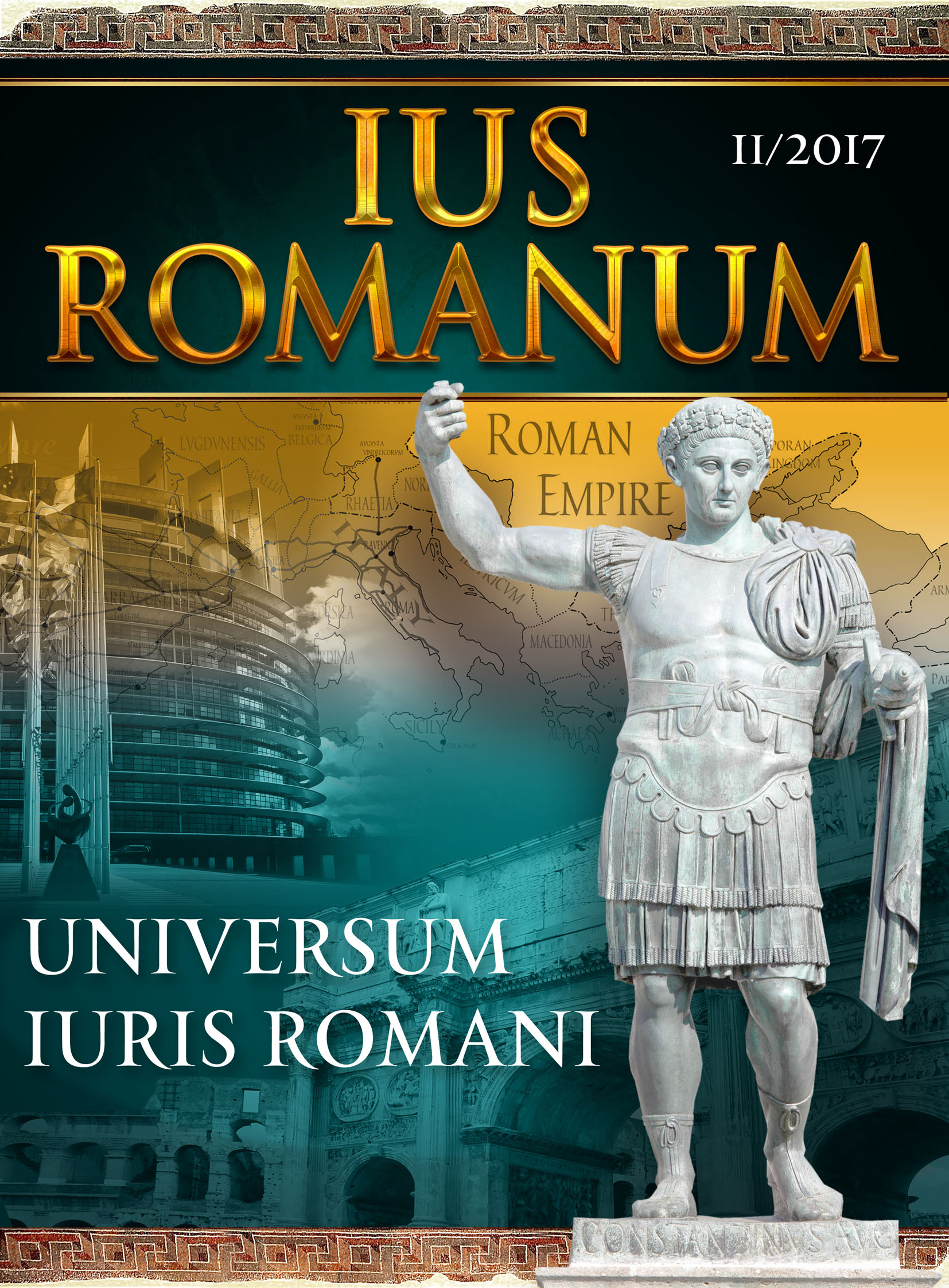VIOLATION OF TOMBS: ROMAN-BYZANTINE LAW IN THE ZAKONOPRAVILO OF SAINT SAVA
VIOLATION OF TOMBS: ROMAN-BYZANTINE LAW IN THE ZAKONOPRAVILO OF SAINT SAVA
Author(s): Milena PolojacSubject(s): Law, Constitution, Jurisprudence, History of Law, Criminal Law
Published by: Софийски университет »Св. Климент Охридски«
Keywords: Zakonopravilo of Saint Sava; Roman-Byzantine law; Collectio tripartita; Violation of tombs; Justininan's Digest;
Summary/Abstract: When the Roman army was purely national, there was no need for a special law on the military, which still did not have the professional character. Thus, after the reign of Augustus, the citizens could participate in the military campaings when needed, in times of difficulty or danger, by relying on the use of some institutions such as the testament in procinctu, for example. After creating permanent armies, which moved long distances and included foreigners, Rome had to regulate their legal status with rules that responded to the demands of the place and people in the militia. Thus, military law arose during the Empire, and was further developed and amended in the Post-classic period, and especially in Justinian's reign, in the Corpus Iuris Civilis, notwithstanding the extraordinary dispersion of its precepts and the casuistic approach in this collection. The abudant regulations governing the status of the military in Rome, includes questions such as the status of the legionnaires, granting citizens' rights and immunities, peculiarities in the law applicable to the military (ignorance and error of law, domicile, absence, representation), ius vitae necisque, and so on.
Journal: IUS ROMANUM
- Issue Year: 2017
- Issue No: 2
- Page Range: 274-282
- Page Count: 9
- Language: English

